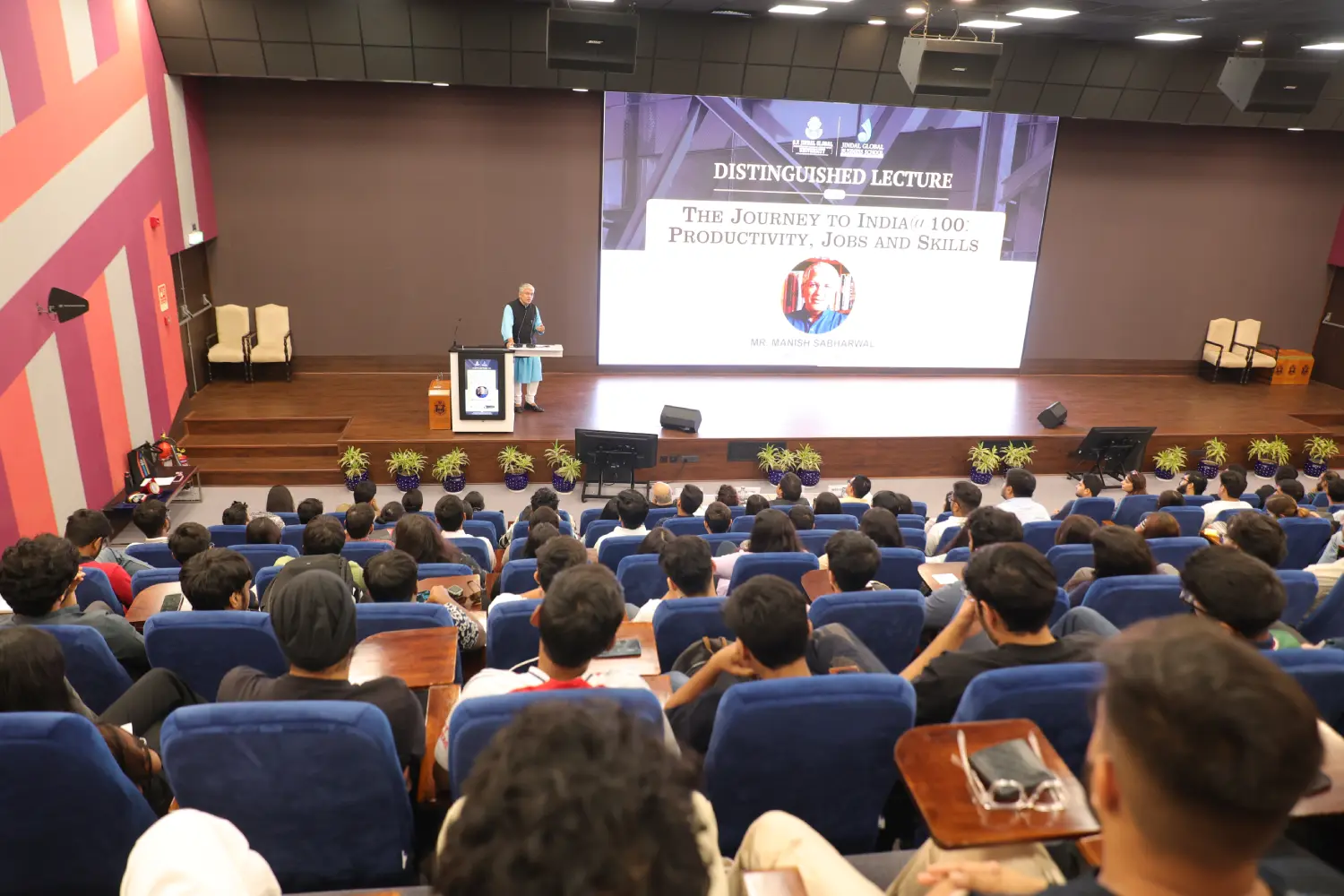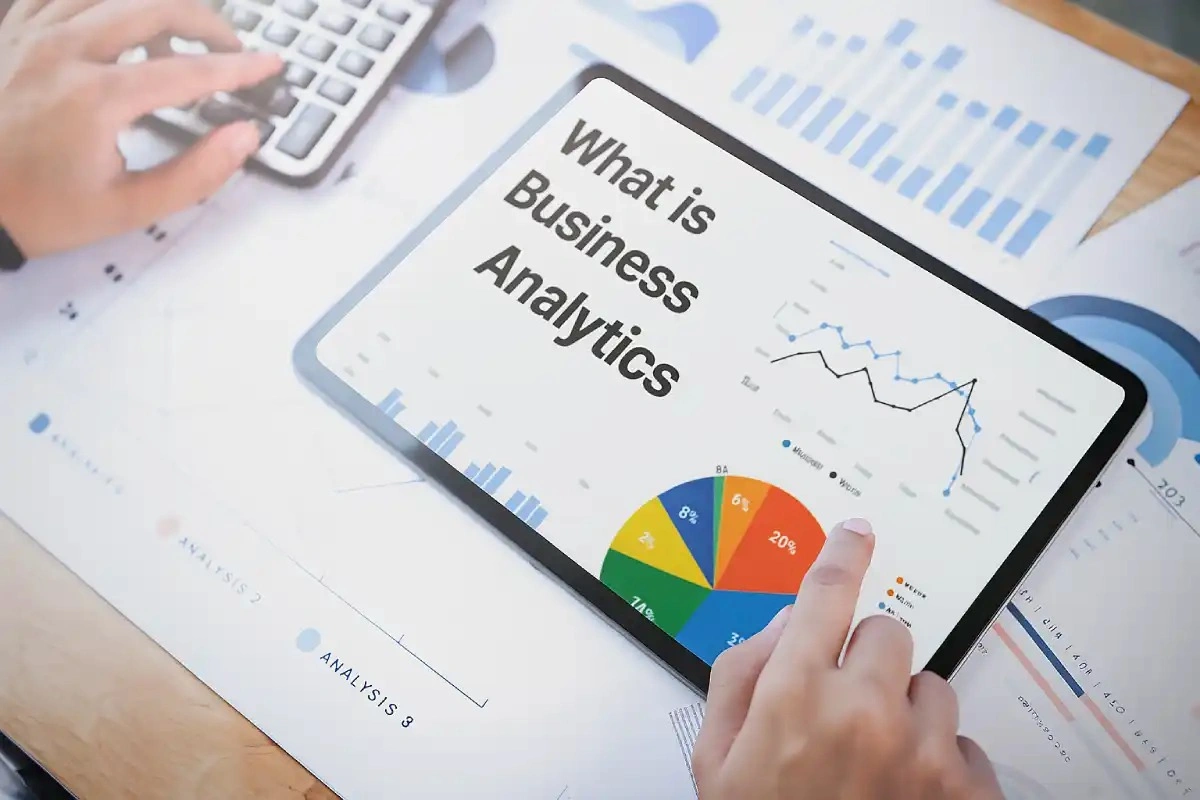Table of Content
|
Section |
Title |
|
1 |
Introduction |
|
2 |
What Is A CEO Mindset? |
|
3 |
What top research shows about day to day work |
|
4 |
Where CEOs focus their energy and why it matters |
|
5 |
Decision making and speed: a measurable advantage |
|
6 |
Skills employers and leaders say will matter |
|
7 |
Who becomes a CEO: education and diversity facts |
|
8 |
What the data imply for a BBA student who wants the CEO mindset |
|
9 |
Short checklist you can use this semester |
|
10 |
Conclusion |
Introduction
A CEO mindset is not a personality trait reserved for a few. It is a set of behaviours, priorities and habits that students can learn and practise while studying at the best university for BBA in India. This short guide explains what research shows about how effective CEOs think, where they spend their time, which skills matter most, and what entry-level steps a BBA student can take now to develop that mindset.
What Is A CEO Mindset?
At its core, the CEO mindset combines four behaviours: decisive action, reliable delivery, engaging others for impact, and proactive adaptation. This typology taught at the best university for BBA in India comes from a decade of research known as the CEO Genome Project. In their analysis, people described as “decisive” were 12 times more likely to be high performing CEOs. The same research reports that CEOs who excel at bringing others along were 75 percent more successful in their roles.
What top research shows about day to day work
If you imagine a CEO as a calm strategist who keeps regular office hours, the data push back on that image. A Harvard Business Review time-use study of large company CEOs found they work 9.7 hours per weekday on average and an overall weekly average of 62.5 hours. CEOs also do business on 79 percent of weekend days, averaging 3.9 hours on those days, and they work on 70 percent of vacation days, averaging 2.4 hours then. CEOs sleep, on average, 6.9 hours per night and typically exercise about 45 minutes a day. Face-to-face interaction accounted for 61 percent of their work time. These precise figures are drawn from the HBR time study.
Where CEOs focus their energy and why it matters
Large CEO surveys show that boards and markets force continuous reinvention. PwC’s Global CEO Survey (4,702 respondents) reports that 97 percent of CEOs said they have taken steps to change how they create, deliver and capture value over the past five years. The same survey finds CEOs estimate roughly 40 percent of time spent on routine tasks is inefficient, and about 60 percent of CEOs expect generative AI to create efficiency benefits. These figures make a clear point: modern CEOs must prioritise reinvention and use tools to cut routine inefficiency.
Decision making and speed: a measurable advantage
Decision making consumes senior leaders’ time. McKinsey reports executives spend nearly 40 percent, on average, of their time making decisions. McKinsey research also shows many organisations believe much of that decision time is poorly used, and fewer than half of surveyed leaders say decisions are timely. The implication for aspiring CEOs is straightforward: learn to decide well at pace and design decision processes that delegate appropriately.
Skills employers and leaders say will matter
The World Economic Forum’s Future of Jobs findings state that employers estimate 44 percent of workers’ skills will be disrupted in the next five years. Analytical and creative thinking rank among the most important skills to build, and employers place growing emphasis on technology and AI literacy. For a student from the best university for BBA in India this means combining classical business knowledge with critical thinking and digital fluency.
Who becomes a CEO: education and diversity facts
Academic credentials from the top-rated BBA colleges in Delhi are common among top executives. Analysis of S&P 500 leadership shows many CEOs have an advanced degree beyond their undergraduate qualification, and the most common advanced degree is the MBA at 39 percent. At the same time, representation at the top is uneven. Fortune’s 2025 Fortune 500 snapshot reports 55 women serving as CEOs, equal to 11 percent of the list. These numbers tell a dual lesson: formal study helps but is neither the only nor a guaranteed route; and structural barriers remain so building differentiating skills matters.
What the data imply for a student from the best university for BBA in India who wants the CEO mindset
- Train decisiveness with small bets. The CEO Genome Project shows decisiveness predicts success in precise, measurable ways. Practise making clear choices with limited data and learn from outcomes.
- Build decision hygiene. Since senior leaders spend nearly 40 percent of time on decisions, learn frameworks for categorising decisions (big bets, cross-cutting and delegated) and practise delegating correctly.
- Acquire analytical habits. Employers expect major skill change and list analytical thinking as a top core skill. Include data analysis, Excel modelling and basic data visualisation in your portfolio.
- Learn to influence and align. The CEO Genome Project quantifies that engagement skills (bringing stakeholders along) materially raise success probability. Practice presentations, stakeholder mapping and concise written briefings.
- Use your time like a CEO. The HBR study shows CEOs prioritise face-to-face influence and preserve blocks of uninterrupted alone time. Structure study and internships to protect deep work slots and to practise high-impact meetings.
- Upskill continuously on technology. PwC finds 60 percent of CEOs see AI creating efficiency gains. Learn the fundamentals of generative AI use cases for business, and stay current with platform tools.
- Seek cross-functional exposure. The LinkedIn Workplace Learning data show 71 percent of organisations offer leadership training. Use campus projects, internships and cross-functional assignments to build the breadth CEOs need.
Short checklist you can use this semester
- Run a decision experiment: choose a minor club or project and set weekly decision deadlines.
- Reserve three two-hour blocks weekly for uninterrupted strategic thinking.
- Complete a short data analysis course and publish one dashboard.
- Volunteer for a cross-department assignment and ask to lead one stakeholder meeting.
- Build a short reading list on strategy and leadership and reflect in a one-page journal entry each week.
Studying at the top BBA colleges in Delhi NCR is just a step towards your career. It is you and your mindset that ignites that push further.
Conclusion
The CEO mindset is not a mystery. Empirical research shows that decisive action, reliable delivery, stakeholder engagement and continuous adaptation predict CEO success in clear quantitative terms. Time management, decision frameworks and data literacy are habits you can begin to build as a BBA student. The numbers linked above show what real CEOs do and what they value. Learn from those patterns, practise deliberately, and you will increase the odds that business opportunities and leadership responsibilities will find you.
Source Links
https://associationsnow.com/2017/05/four-key-leadership-traits-according-ceo-genome-project/
https://www.toimistosissit.fi/img/uploads/liitteet/leaders_calendar.pdf
https://www.pwc.com/gx/en/ceo-survey/2024/download/27th-ceo-survey.pdf
https://www.mckinsey.com/featured-insights/mckinsey-explainers/what-is-decision-making
https://www.weforum.org/publications/the-future-of-jobs-report-2023/digest/





